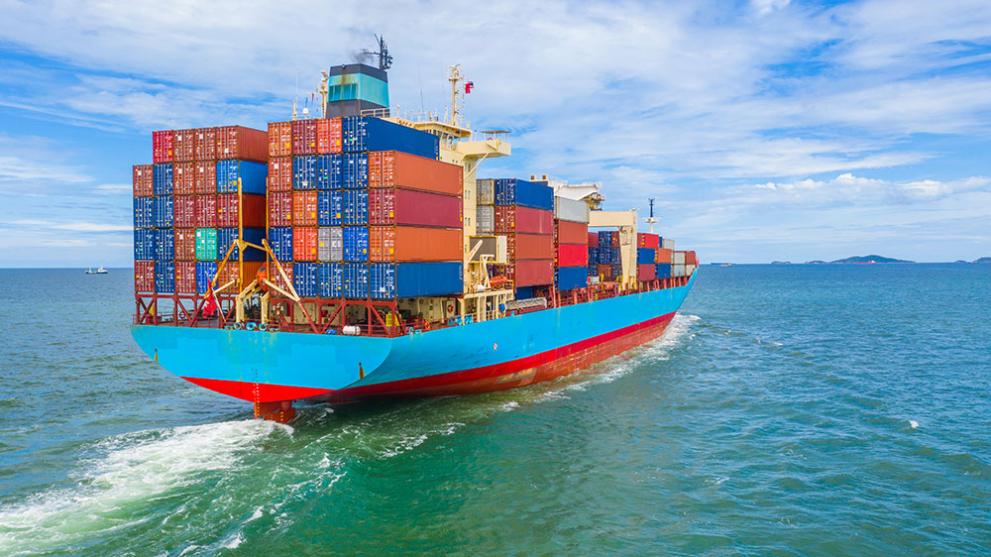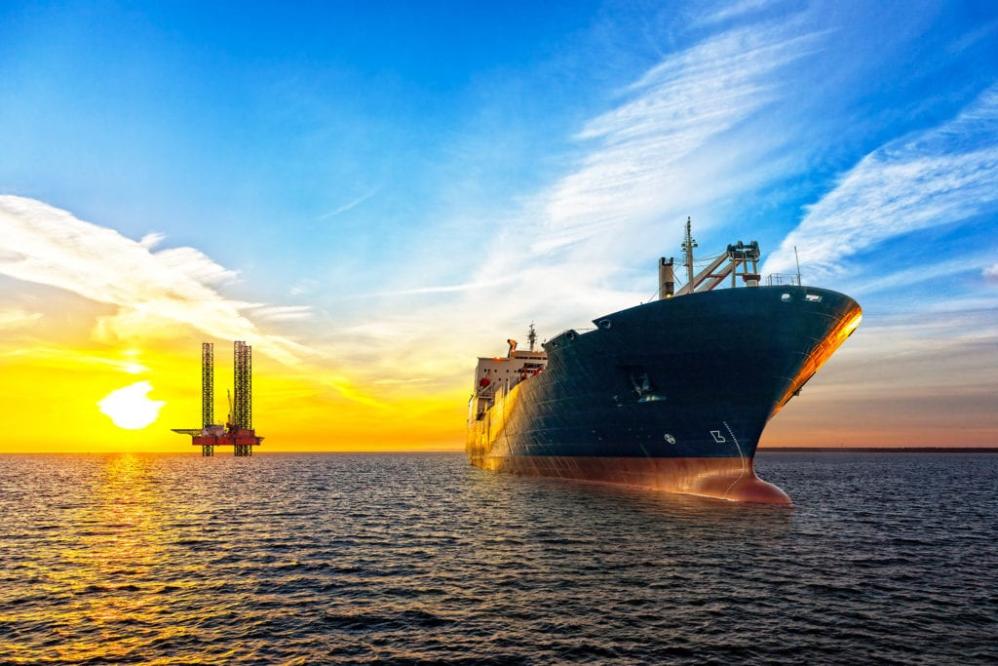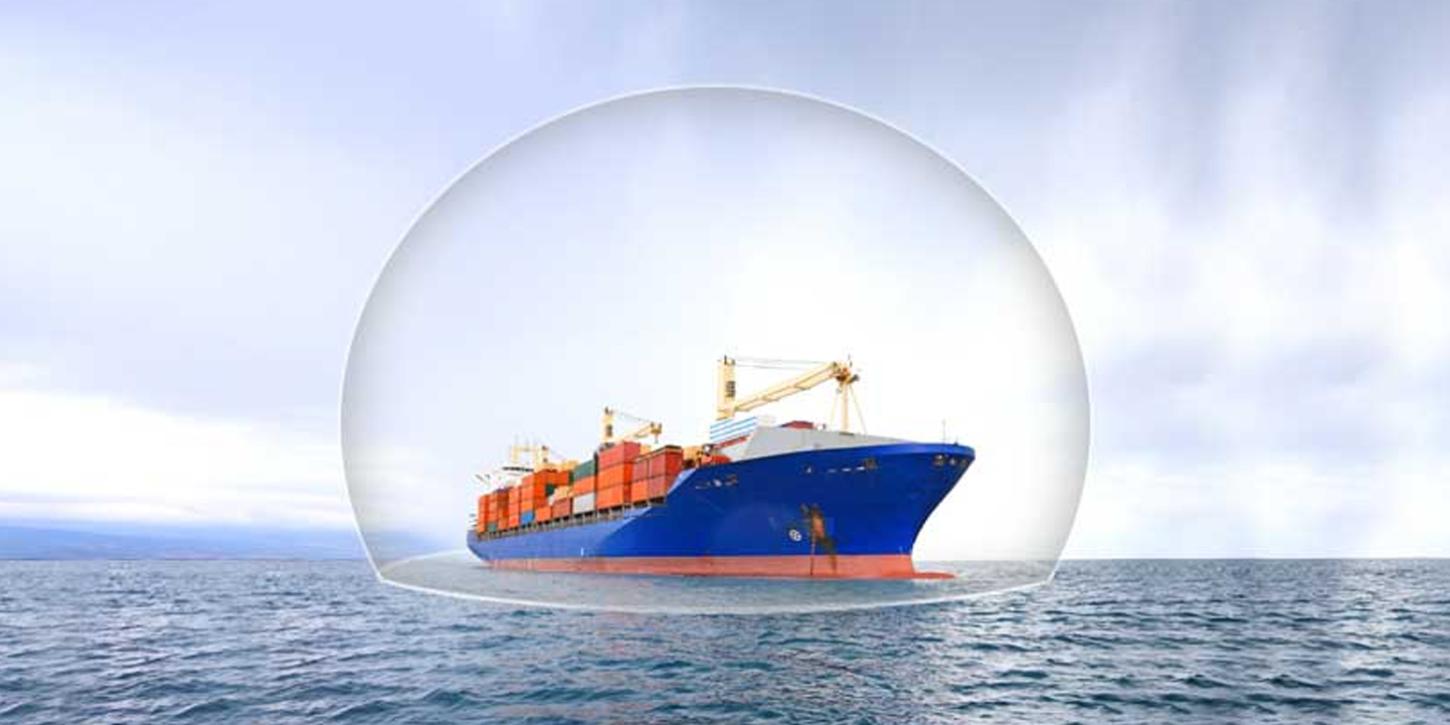What is Cargo Insurance and Marine Insurance: A Comprehensive Guide for Business Executives
In the realm of international trade and shipping, cargo insurance and marine insurance play a pivotal role in safeguarding the interests of businesses and ensuring the smooth flow of goods across borders. As a business executive involved in import and export operations, it is imperative to have a comprehensive understanding of these insurance policies to mitigate risks and protect your company's financial stability.

I. Types Of Cargo Insurance:
Cargo insurance encompasses a range of policies designed to protect goods during transportation. The primary types include:
1. Marine Cargo Insurance:
- Provides coverage for goods shipped via water, including loss, damage, or theft.
- Different types of marine cargo insurance policies cater to specific needs, such as All Risks, Free of Particular Average (FPA), and With Average (WA).
2. Inland Marine Insurance:
- Covers goods shipped overland, offering protection against loss, damage, or theft.
- Inland marine insurance policies vary based on the mode of transportation, such as truck, rail, or courier.
3. Air Cargo Insurance:
- Protects goods shipped via air, covering loss, damage, or theft.
- Air cargo insurance policies are tailored to the specific requirements of air transportation.
II. Marine Insurance:
Marine insurance encompasses a broader range of policies that protect various aspects of maritime operations.
1. Hull And Machinery Insurance:
- Provides coverage for the ship's hull, machinery, and equipment.
- Includes protection against loss, damage, or theft.
- Different types of hull and machinery insurance policies address specific risks associated with vessel operations.
2. Protection And Indemnity Insurance (P&I):
- Covers the ship's liability for third-party claims, including injury, death, or property damage.
- P&I insurance policies vary based on the size and type of vessel, as well as the nature of its operations.
3. Freight Insurance:
- Provides coverage for the cargo being transported on the ship.
- Freight insurance policies protect against loss, damage, or theft of the cargo during the voyage.
III. Factors Affecting Cargo Insurance And Marine Insurance Premiums:

The cost of cargo insurance and marine insurance premiums is influenced by several factors:
- Type of Cargo: The nature and value of the goods being shipped impact the premium.
- Value of Cargo: Higher-value cargo attracts higher premiums.
- Shipping Route: Premiums vary depending on the route's perceived risks, such as piracy or weather conditions.
- Type of Insurance Policy: The level of coverage and policy terms influence the premium.
- Deductible Amount: A higher deductible typically results in lower premiums.
IV. Claims Process For Cargo Insurance And Marine Insurance:
In the event of a claim, it is crucial to follow the proper procedures to ensure a smooth and timely settlement:
- Documentation Required: Gather necessary documentation, such as the insurance policy, bill of lading, and proof of loss.
- Steps to File a Claim: Contact your insurance provider promptly to initiate the claims process.
- Timeline for Claim Settlement: The timeframe for claim settlement varies depending on the complexity of the case and the insurance company's procedures.
V. Importance Of Cargo Insurance And Marine Insurance For Business Executives:

Cargo insurance and marine insurance are essential for business executives involved in international trade:
- Mitigating Financial Risks: These policies protect businesses from financial losses due to cargo damage, loss, or theft.
- Ensuring Business Continuity: Adequate insurance coverage allows businesses to recover from losses and continue operations without disruption.
- Meeting Legal Requirements: Many countries require cargo insurance for imported goods.
- Enhancing Customer Confidence: Demonstrating a commitment to protecting goods instills confidence in customers and trading partners.
Tips For Choosing The Right Insurance Policy:
- Assess Your Needs: Carefully evaluate your business's specific risks and insurance requirements.
- Compare Policies: Obtain quotes from multiple insurance providers to compare coverage options and premiums.
- Consider Additional Coverage: Explore optional coverages that may enhance your protection, such as war risk insurance or strike insurance.
- Work with a Reputable Broker: Engage a knowledgeable insurance broker who can guide you through the selection process and provide ongoing support.
Cargo insurance and marine insurance are indispensable tools for business executives engaged in international trade. By understanding the different types of insurance policies, factors affecting premiums, and the claims process, business leaders can make informed decisions to protect their assets and ensure the smooth flow of goods across borders.
YesNo

Leave a Reply